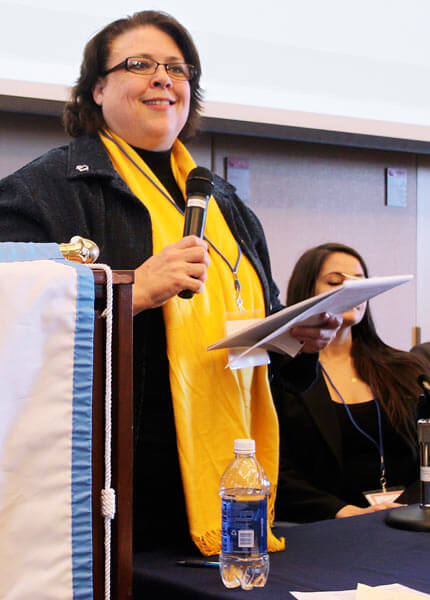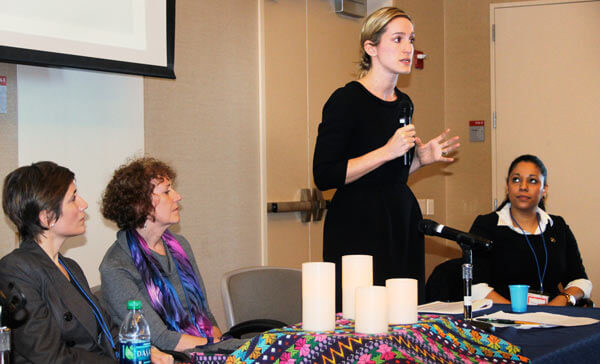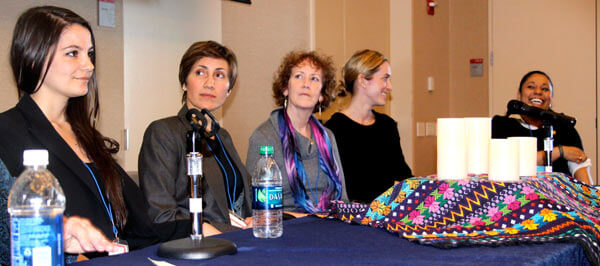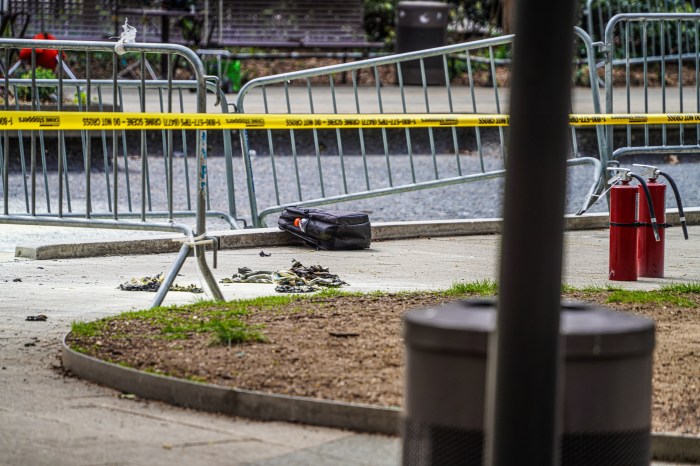By Rich Bockmann
Nearly 200 people turned out Saturday to hear a panel of experts at St. John’s University discuss human trafficking and the ways the travel industry can end the modern-day slave trade.
“People assume that it’s someone else’s problem or that it happens somewhere else,” keynote speaker Sandi Mitchell said. “They don’t realize there are things they can do.”
Queens neighborhoods such as Jackson Heights, Corona and Flushing are some of the biggest destinations in the borough for traffickers who take advantage of men and women from as near as Brooklyn and as far away as Latin America, often using John. F. Kennedy International and LaGuardia airports to transport their human chattel.
Mitchell said the travel industry is in a unique position to keep on the lookout for suspicious activity — such as men who frequently travel one way with children but return alone — but said it is difficult to get some of the biggest companies to get on board with such a hot-button issue.
“Most companies want to participate in something positive,” she lamented.
While working for Sabre Holdings, a global travel-technology company that owns the Travelocity website, Mitchell helped the company develop its Passport to Freedom initiative, which raises awareness among employees, travelers and industry partners.
Some of the key signs to look for, Mitchell said, include travelers who do not have control over their own travel documents or numerous inconsistencies in their stories.
Sabre is also one of the companies to sign an industry-wide pledge, known as The Code, designed to protect children from sex tourism. Delta Airlines is the only major U.S. airline to sign the pledge.
Panelist Joan Dawber spoke about the work her organization, LifeWay Network, has done to help victims of trafficking get their lives back.
In the past year the group has provided safe housing and rehabilitative services for six women, but Dawber said there is still a “critical need” for long-term housing in the New York area.
“It’s so difficult to have them believe in themselves and have them believe they can do things other than what they’ve been doing,” she said.
Kathleen Collins, an assistant district attorney in Brooklyn’s Human Trafficking Unit, said there are many challenges when it comes to prosecuting these cases, such as raising sex trafficking to a violent felony charge.
“Sex trafficking is one of the most violent crimes I’ve seen during my time working in the district attorney’s office,” she said.
Reach reporter Rich Bockmann by e-mail at rbockmann@cnglocal.com or by phone at 718-260-4574.





































